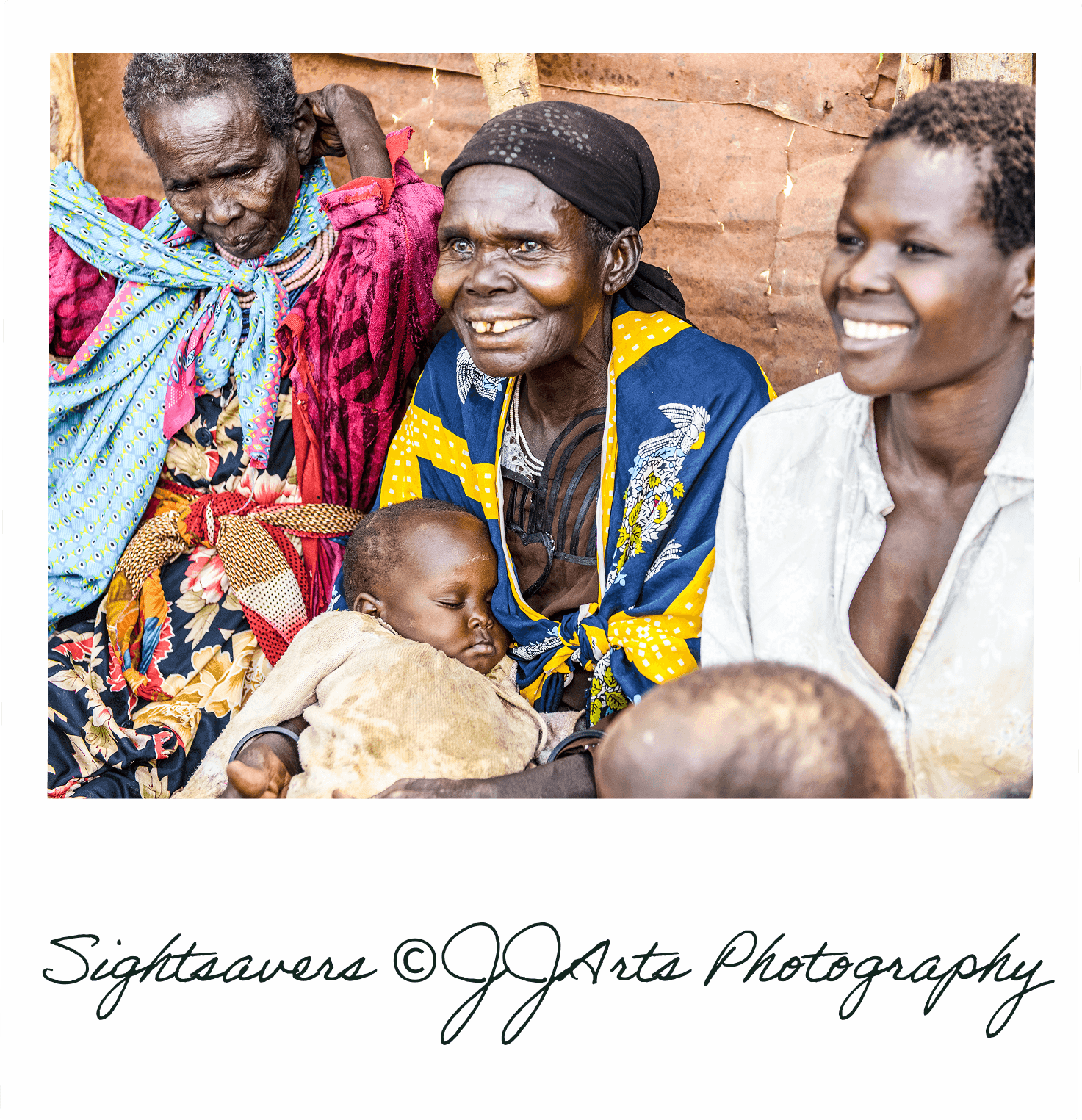
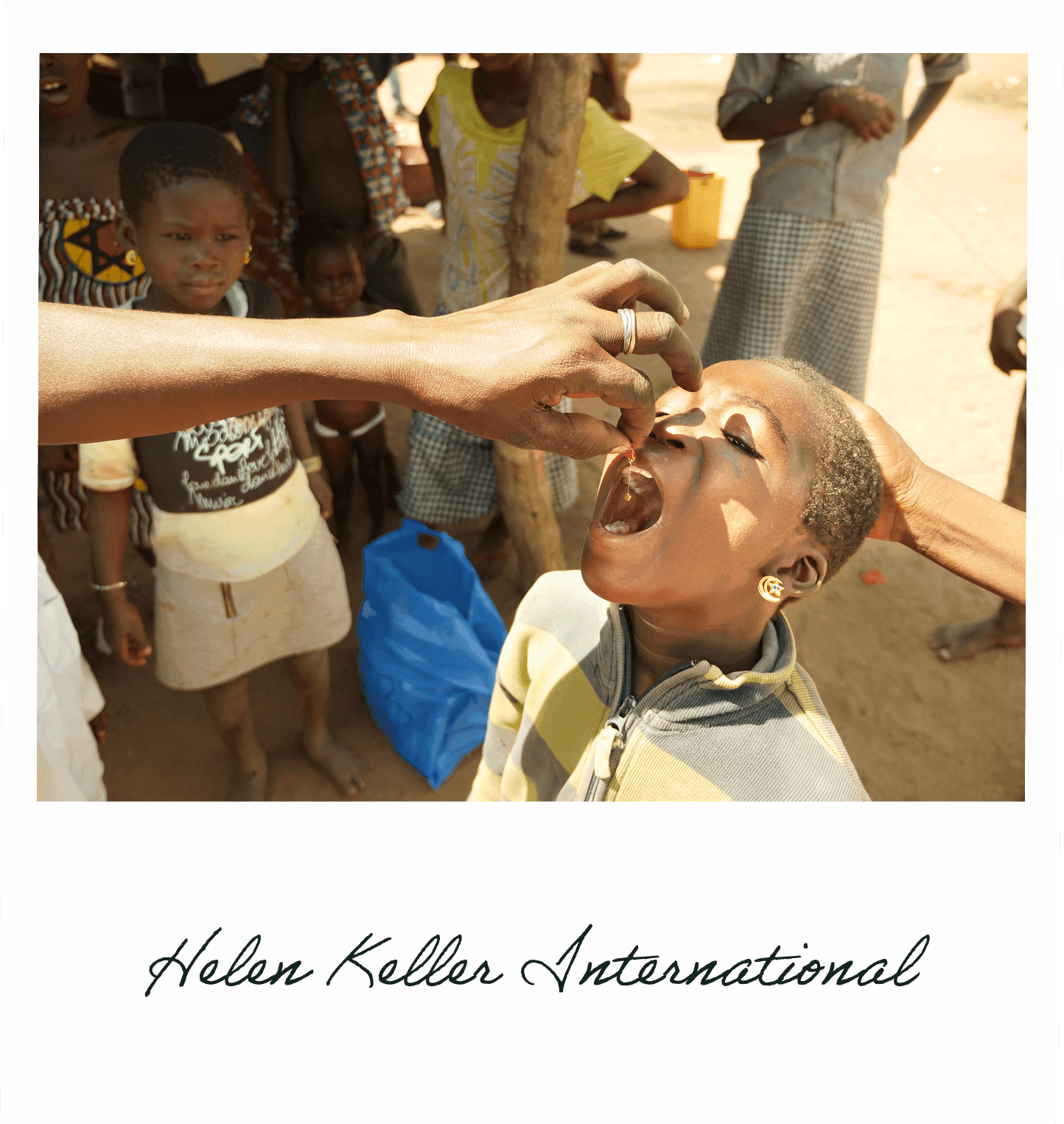
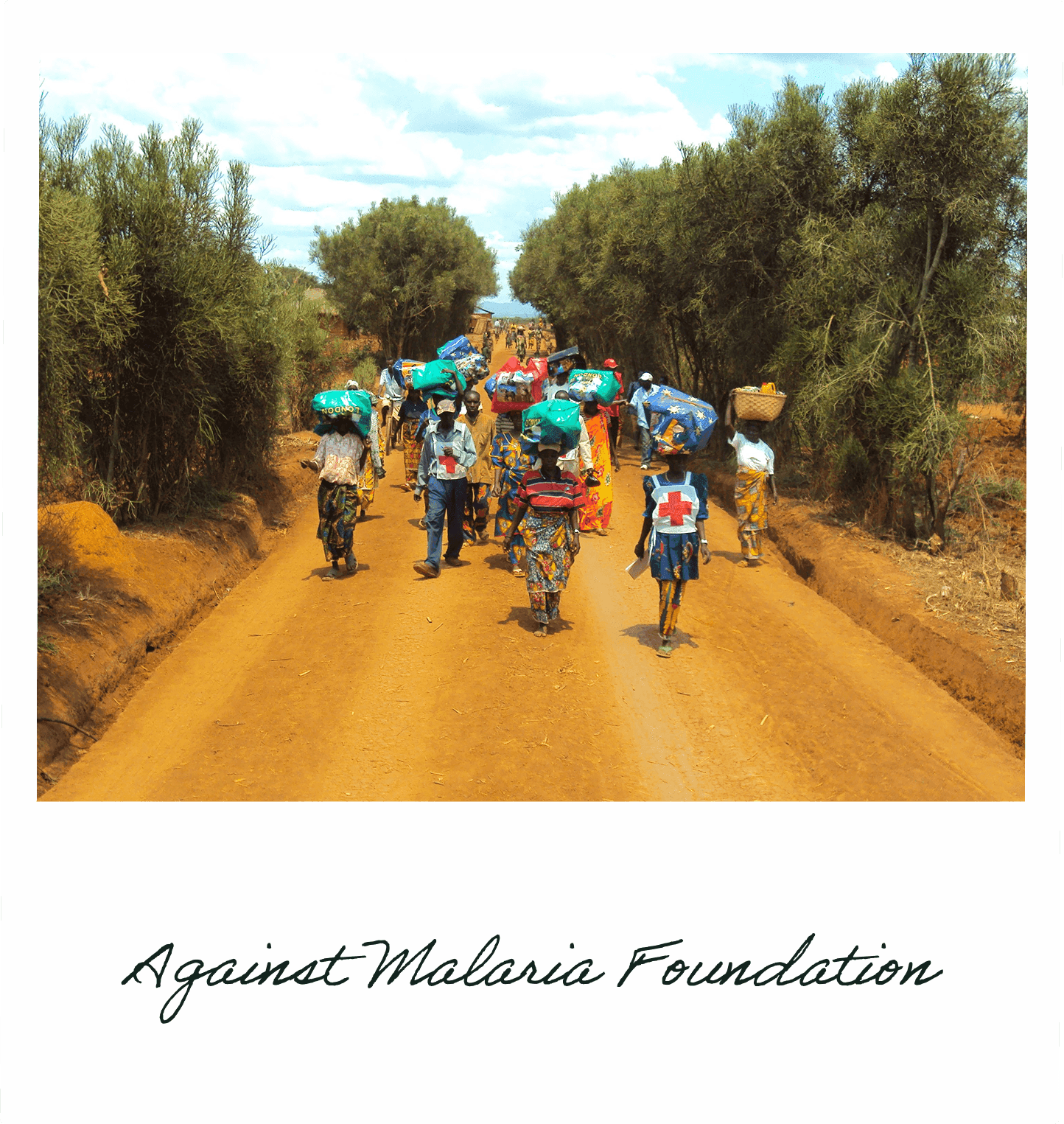
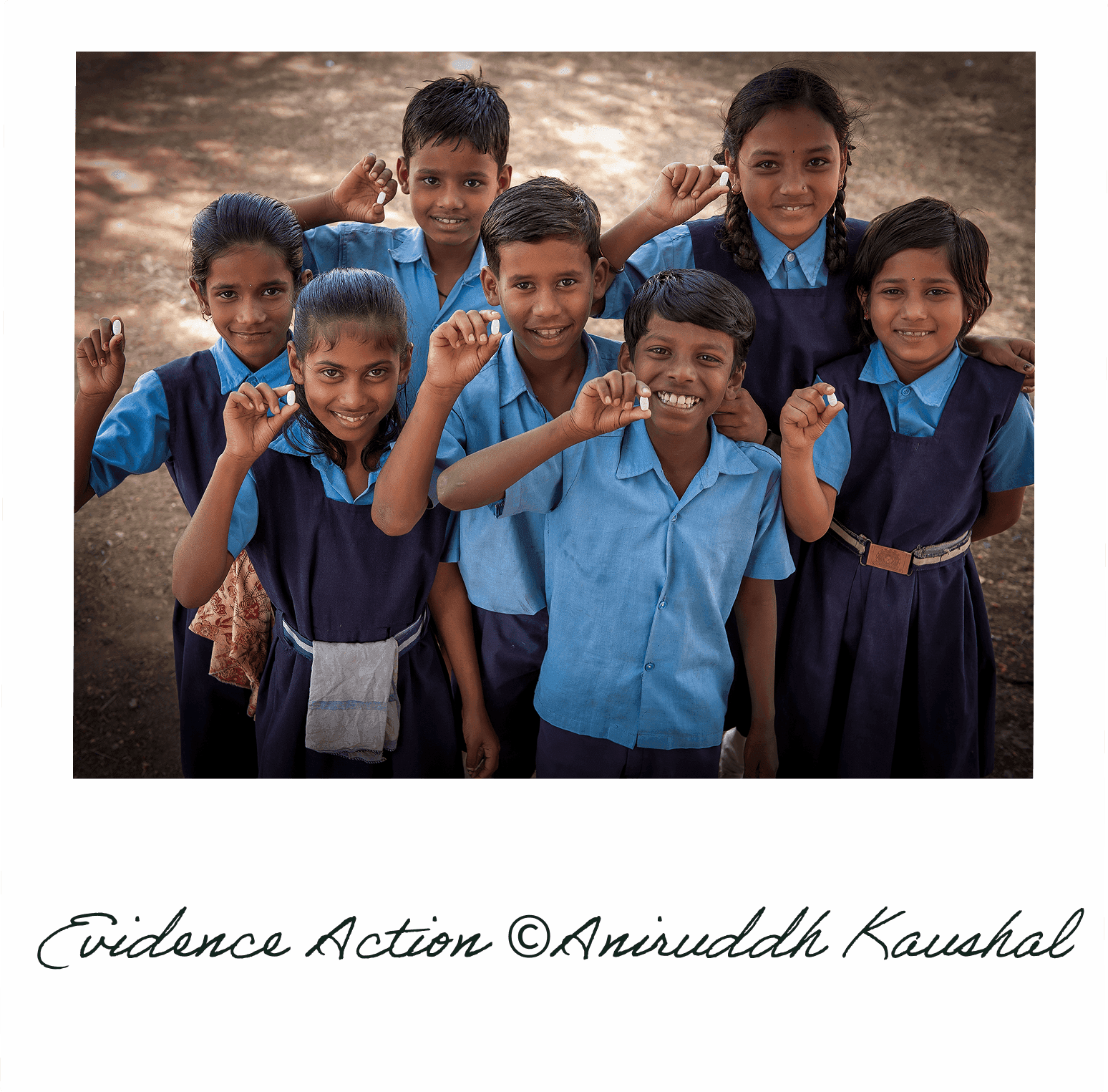




Spotlight on:
Better health
From bed nets, to vaccines, to supplements, we seek out the most cost-effective ways to meaningfully help the most people.
The Founders Pledge community has deployed roughly $203M to the organizations we recommend in the health and development space. The impact of these grants is comparable to making $3.3B in direct cash transfers—the gold standard of development interventions.
The impact our community has helped create includes:
Saving
38.7M
children from parasitic worm infections
Educating
3.4M
women about family planning and maternal care, saving lives
Enrolling
1.9M
infants in programs to receive life-saving vaccinations
Improving nutrition for
28.4M
children, saving lives and boosting health
Providing
14.2M
people with access to clean drinking water
Saving
4.4M
children from lead poisoning
Stories of impact
Building immune systems with Helen Keller International
Around 190 million preschool children worldwide suffer from Vitamin A deficiency, which causes blindness, chronic lung impairment, and other severe health problems.
Our community has donated $10.5M to Helen Keller International's (HKI) Vitamin A Supplementation program, treating 28 million children for vitamin A deficiency, preventing them from developing serious health complications, and saving more than 2,600 lives.
The funding supported millions of families like Aisha Abdullahi’s, who rarely saw healthcare workers in their rural village of Bwari, Nigeria.
A team from HKI visited the village, hosting informal education sessions to teach about vitamin A’s importance for childhood development. From participating in these sessions, Aisha gave her four children vitamin A, which then further encouraged other parents in the village, and helped HKI reach 82% of the children in the region. According to HKI, she hopes this is just the beginning:
“I wish the [campaign] will not stop but will continue in our community and other hard-to-reach areas,” Aisha said.
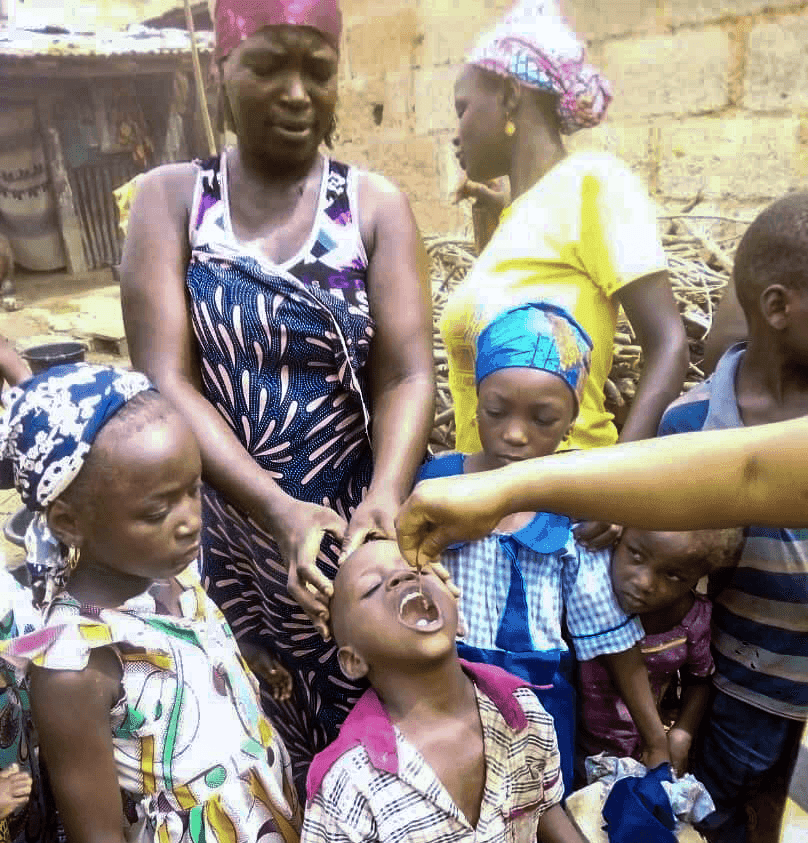
▲ Aisha's son receiving a vitamin A capsule. Photo from Helen Keller International
Curing disease with Sightsavers
More than a billion people suffer from parasitic intestinal worm infections, especially children living in severe poverty. Parasitic worms cause poor health and can prevent children from attending school, affecting their education and future.
Our community has donated $9.2M to Sightsavers’ deworming program, treating 32 million children for a year, with over 90% average effectiveness in treatment.
The funding helped millions of children like Ngo, who suffered from a parasitic disease that gave her a fever and tummy aches, making it hard for her to stay in school. She received treatment through a mass drug treatment campaign in Cameroon. According to Sightsavers, her life has changed for the better:
“I like my school because I am with my friends. I play all I want, and I’m learning to read and to write,” Ngo said.
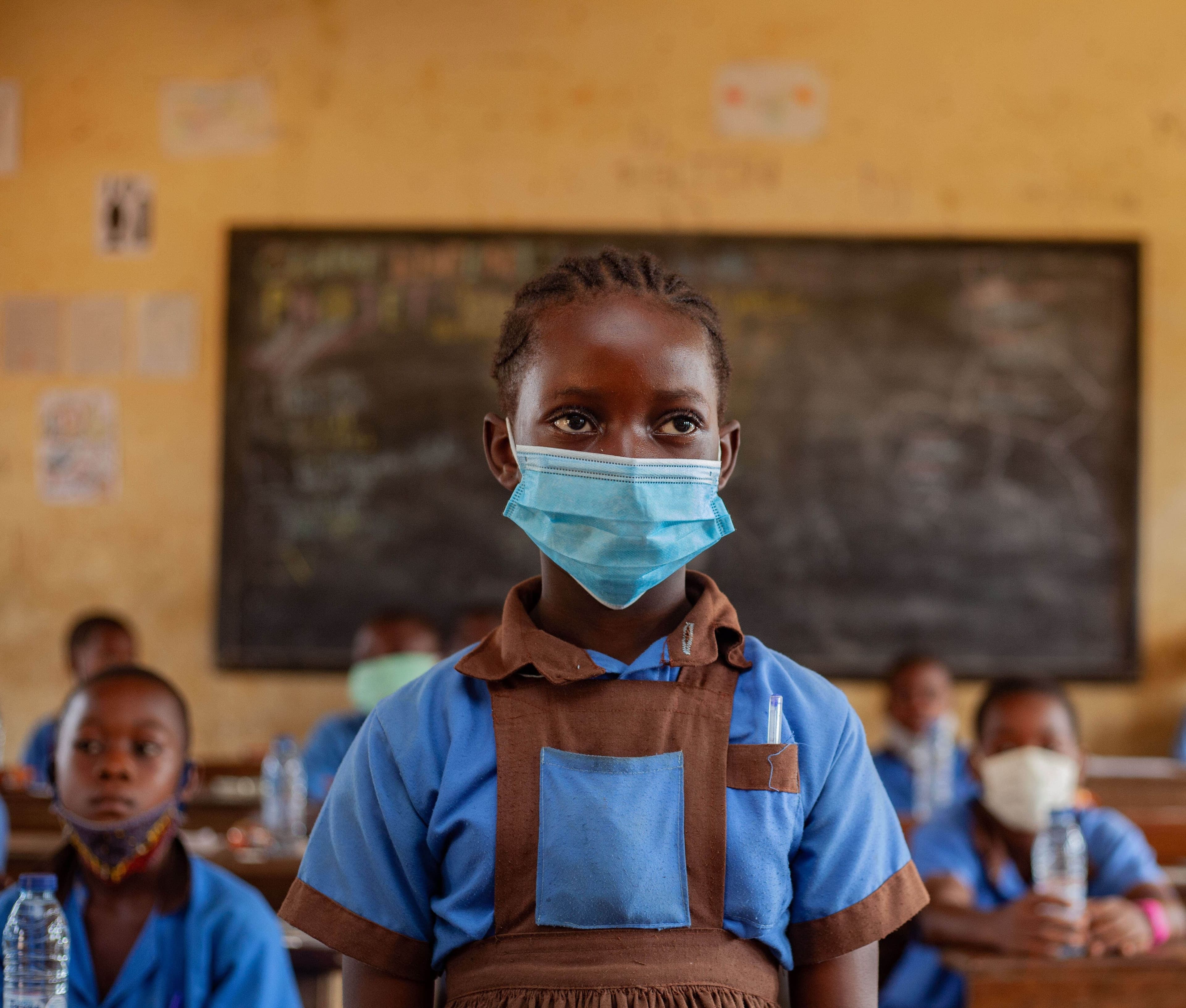
▲ Ngo at school. Photo from Sightsavers
Preventing malaria with Malaria Consortium
Malaria affects roughly 230 million people each year, killing more than half a million. Almost all of the people affected live in Africa, and the majority of deaths are children under 5.
Our community has donated $2.8M to Malaria Consortium’s seasonal malaria chemoprevention (SMC) program, treating more than 424,000 children, reducing the number of malaria cases by 79% and saving nearly 770 lives.
The treatments funded have been a lifeline for thousands of families like Saratu’s, a 36-year-old mother of five living in Baure, Nigeria. Her children used to suffer frequent bouts of malaria during the rainy season, and she lost her first daughter to a severe case before her family had access to SMC.
“The benefit of this intervention [SMC] to my family is very important,” Saratu says. “Three of my children are five years or younger and took the complete four-month cycle of drugs and Wallahi [I swear to God], this year none of them suffered or got down with malaria which used to threaten the whole family with sleepless nights and the high cost of medical care. But now Alhamdulillahi [praise be to God], my mind has been at rest this year, my children took the drugs and they have been protected from malaria. Now my crying is over.”
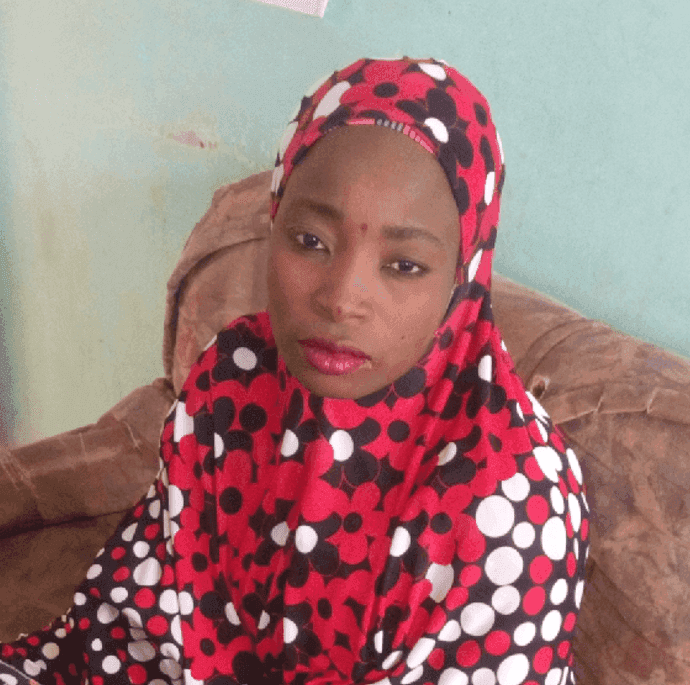
▲ Saratu at home. Photo from Malaria Consortium
Saving newborns with Project IMPALA
In resource-constrained healthcare settings, medical workers often lack the tools they need to monitor patients’ conditions. As a result, patients who might otherwise have been saved through early intervention die due to avoidable conditions such as sepsis.
Our community has donated $531K to Project IMPALA, empowering hospitals across Tanzania, Rwanda, and Malawi to treat 85,000 patients, leading to better outcomes and saving around 80 young lives so far.
IMPALA’s innovative clinical support system provides vital signs monitors to overburdened healthcare workers so that they can be proactive in their care of newborn babies and young children.
This has been a game-changer for thousands of mothers like Eveless Rueben, who lives in Chizinga Village in Malawi.
“At the beginning, many women went home without their babies due to a lack of continuous monitoring," Eveless shared. "I was nervous before my first birth, worried about my baby’s health due to stories of unmonitored complications.”